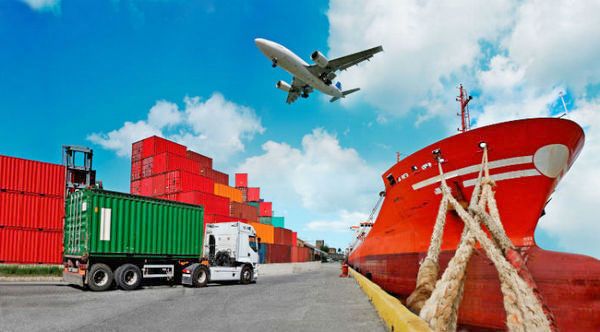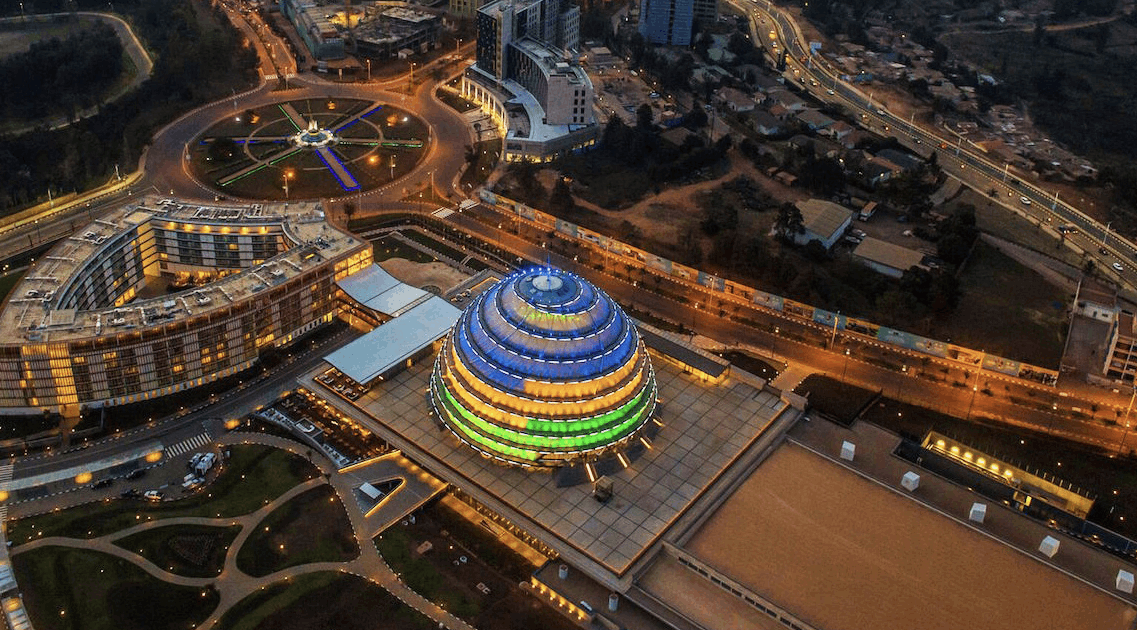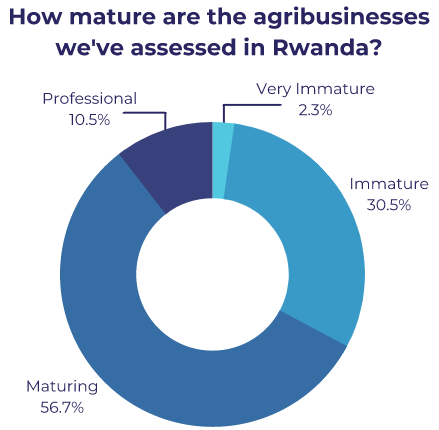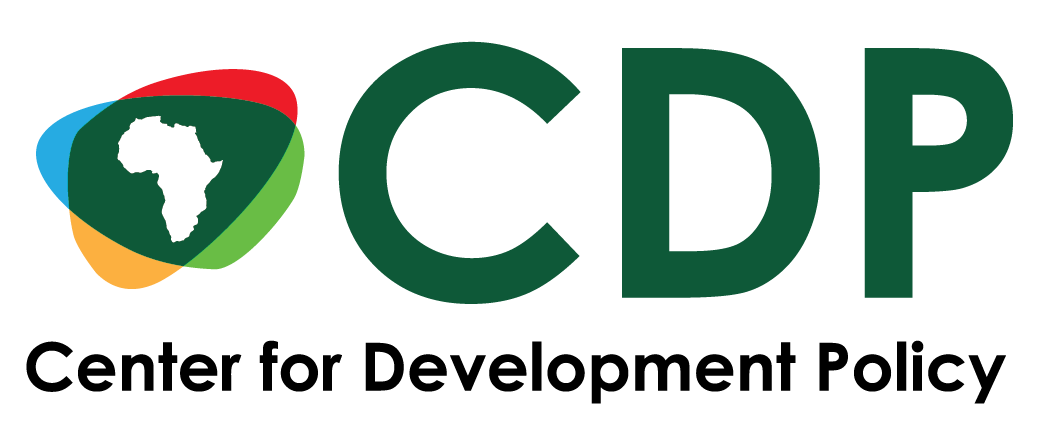Causality between Macroeconomic Determinants and Energy Consumption in Rwanda (1990-2021)
By Dr. Edward KADOZI & Leon Moise MINANI
Currently, energy access and its use are increasingly becoming development priorities for Africa, and Rwanda in particular, as a stimulus for economic growth. This paper examines causal relationship between energy consumption and the macroeconomic variables in Rwanda for the period from 1990-2021.

Effects of international remittances on poverty in Rwanda
By: Edward KADOZI, PhD
International remittances to developing countries have been increasing in the recent decades
and they constitute a critical lifeline for millions of recipient households. However, there is a
growing mixed empirical claims about their impact on socio-welfare in recipient economies. In
the case of SSA countries, there is a sparse empirical studies providing an in-depth
understanding how these inflows reduce poverty and improve development outcomes. This
paper contributes to the existing literature by examining the micro-impact of remittances in
Rwanda. Specifically, how international remittances affect consumption expenditure per adult
equivalent of recipient households, and how they contribute to the development outcomes.

Raising exports and attracting FDI in Rwanda
by Ggombe Kasim Munyegera (PhD), Philip English (PhD) and Patrick McSharry (PhD)
Increasing exports and attracting foreign direct investment are central priorities of the Government of Rwanda and of DfID in its Invest Africa initiative. Rwanda must create some 200,000 jobs per year to absorb its expanding population and even more are required to relieve the pressure on rural land. While export growth has slowed recently, the export portfolio has become more diverse in terms of both products and markets – though some vulnerabilities remain. These include shrinking global market shares in certain sectors and a lack of focus where world trade is expanding.

Rwanda-From devastation to services-first transformation
by Dr. Kasim Ggombe Munyegera
Since civil war and genocide left the country in ruins, Rwanda has undergone a remarkable transformation. Growth rates since 1995 have averaged 8 percent annually, poverty rates have fallen, maternal and child health have improved, and infrastructure and public institutions have been rebuilt. This article examines the determinants of the growth path of the Rwandan economy, focusing on the central role of government; the structural transformation of the economy; the role of exports and foreign investment; and particularly the role of ‘industries without smokestacks. Policy coherence, together with substantial international support, allowed Rwanda to embark on a growth path. The paper can be accessed here

The benefits of professionalism in the Rwandan agricultural sector
by SCOPEinsight and CDP
The Rwandan agribusiness sector is facing three important things: The struggle to access finance, 2) Market access is limited, and 3) As a result, the agricultural sector is not reaching its full potential and contribution to the economy. Agribusinesses are the backbone for growth and poverty reduction in Rwanda. Since 2012, SCOPEinsight in collaboration with CDP has assessed 665 agribusinesses in Rwanda and found that over half of these agribusinesses are classified as “maturing. ” But maturing agribusinesses are also less competitive in local and regional markets, and they find difficulties in accessing financing. These agribusinesses find it difficult to be as productive and resilient as they could be. However, with targeted interventions, their professionalism can be increased. This will help to solve many challenges in the Rwandan agricultural sector. Click here for more information.

The Brain Gain (skilled emigrants) and Economic Development in Sub-Saharan African (SSA) Countries
by: Edward Kadozi (PhD), Ggombe Kasim Munyegera (PhD), Ignance H. Kabano (PhD)
The development impact of international migration continues to attract development policy
and scholarly attention. This paper examines the development impact of skilled migration for
38 Sub-Saharan African (SSA) countries between 1980 and 2019. Skilled emigration ratios
are measured as the ratio of the total, low-skilled, medium-skilled and high-skilled emigrants
from a particular SSA country to a destination OECD country. The Ordinary Least Squares
(OLS) method is used as a baseline model supplemented by fixed effects (FE) and
Generalized Method of Moments (GMM) as robustness checks.

The gender gap in firm productivity in Rwanda – Evidence from establishment and household enterprise data
by Ggombe Kasim Munyegera (PhD) and Akampumuza Precious (PhD)
Rwanda is one of the countries with the best strategies for women empowerment and gender equality in Africa and globally. Nonetheless, some inequalities exist especially in education attainment. This study investigates the gender gaps in business performance using nationally representative household survey and establishment census data.

The move towards a less cash-intensive economy: What options are available to Rwanda?
The government of Rwanda has a strong policy commitment to expand the size of the cashless economy. Vision 2020 envisions three-quarters of payment transitions made via cashless technologies by 2018. Financial inclusion rates have skyrocketed, especially with the emergence of non-bank financial products like mobile money. Policy and regulatory measures have been put in place to modernize the country’s payments industry and create a conducive environment for individuals and merchants to embrace cashless payments. The private sector has responded with product innovations to better serve the evolving demands of their clientele.

Trade Openness and Economic Growth in Rwanda
By Dr. Edward Kadozi & Munezero Kalisa Raissa
This paper examines empirically the impact of trade openness on the economic growth in Rwanda for the period between 1980 and 2017. It examines the short and long-run causality between trade openness and economic growth. The analytical framework of this study is embedded in the theoretical and empirical debate between three dominant theoretical approaches about trade openness and economic growth: the Ricardian- HecksherOhlin trade Theory, Endogenous Growth Theories, and the Absolute Advantage Theory. The study finds that the three theories are complementary and mutually exclusive in explaining the relationship between international trade and economic development. The findings of this study reveal a positive and statistically significant impact of trade openness on economic growth in Rwanda. The results reveal plausible evidence of unidirectional long-run causality, running from trade openness to GDP per capita in Rwanda. And economic growth is significantly error-correcting at 39.6% annually. The results imply that economic growth in Rwanda changes significantly in the short equilibrium influenced by changes in trade openness. The evidence from this study suggests that the institutional and policy framework is equally important in causally conditioning the overall growth impact of trade openness in Rwanda, as well as the imperative of export diversification of her export commodities.

Weather Shocks and Urban Livelihood Strategies: The Gender Dimension of Household Vulnerability in the Kumi District of Uganda
by Ggombe Kasim Munyegera (PhD)
The Teso sub-region of Uganda suffered numerous weather shocks in the past, with devastating food security consequences. Using household fixed effects and propensity score matching methods, we analyse the impact of exposure to drought, flood and severe incidence of pests and diseases on household consumption expenditure per adult equivalent for a random sample of households from Kumi Town Council.
We find that weather shocks reduce consumption by 17 per cent and that the consumption decline is significantly larger among female-headed households.
We also find a higher likelihood of non-farm employment, borrowing and receiving remittances in order to cope with the shocks.
The full publication is available here:

